Users Who Spiked
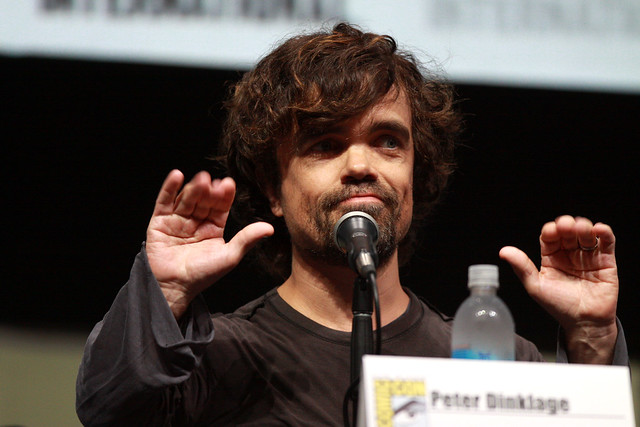
I DRINK AND I KNOW THINGS...BRITISH THINGS
Private Notes
Private Notes
Notes
These days, Peter Dinklage is best known for his role as Tyrion Lannister in the immensely successful HBO series Game of Thrones. But my first exposure to him was in the movie Death at a Funeral. I'm referring to the 2007 version that was filmed in the UK. That film was remade in 2010, this time in the United States and this time with a mostly black cast. Dinklage is in the remake too, but I refused to see it. What's the point, I complained, of remaking a film that was already in English? Of course, I don't see much point in remaking foreign films in the first place, since I've no aversion to subtitles. I think our tendency to "Americanize" everything discourages us from appreciating cultural diversity. But, with the Death at a Funeral remake, there was no language barrier to begin with.
Since 2010, I've become much more interested in British television. I don't know if it started with Doctor Who or the Great British Bake Off, but one of them kicked off a trend in my Netflix queue. I'm now quite enamored of our friends across the pond and their various ways of speaking. One particular aspect of British entertainment I enjoy is the little differences between our language. Granted, we both speak English, but British English is a horse of a different color. I admit to surreptitiously trying to add some British expressions to my own vocabulary to make myself seem more interesting and to appear a little savvier than the average American tourist when I finally make it over to the UK (perhaps a bit silly, but there are worse ways I can think of to amuse myself).
The more differences I observe, the more I've come to understand why Hollywood might want to remake a British film. There's a line in the movie Harry Potter and the Half-Blood Prince I've never been able to understand, no matter how many times I hear it. In the train station diner, at the beginning of the movie, the waitress says to Harry, "Thought I was going 'round the twist." Even the scripts I've seen online get it wrong. But once I could clearly make out her words, I still didn't understand their meaning. After an inordinate amount of research, it seems she means something like, "I thought I was going crazy." That makes the most sense, given the context, but just that one line gave me so much trouble.
While "round the twist" isn't a phrase I'm likely to work into my everyday conversation, there are a few other British sayings and slang words that I find quite charming. So, I'm going to share a few of my favorites in the hopes that next time you hear a British speaker, you'll be marginally more prepared.
Bob's your uncle - The closest American phrase I can think of that matches this is, "and that's that." It's usually said at the end of a list of simple instructions like, "put your right foot in front of your left foot and Bob's your uncle." Bob, in this case, refers to 1887 British Prime Minister Robert Gascoyne-Cecil, who's nephew called him Bob.
Alright? - This is often a greeting. It's likely a shortened version of "are you alright?" In other words, it means "how are you?"
Butchers - It's true that butchers are meat mongers and shops that sell meat, but the term "butchers" also means to take a look at something. Having seen more than a few Guy Richie movies, I've wanted to learn Cockney rhyming slang but ever got the hang of it. This term is one example. It comes from "butcher's hook" which rhymes with "have a look."
Flog - In this case, it's not a synonym for whacking someone. To flog something means to sell it. "He was in the alley, flogging stolen watches." No idea where this one originated.
Geezer - Rather than being an old coot, geezer refers to a man that's well-dressed. Judging from the context, I'd also say that it refers to a guy from East London who has a hand in illicit dealings.
Sorted - This means to have something handled. "I've got that situation sorted." I would venture a guess that the meaning evolved from the act of organizing.
Innit - Put quite simply, this means the same as "isn't it." It's just faster.
Scarper - To run off. This one might be related to the Italian word "scappare" which means the same thing. "Did you talk to Bob after the meeting?" "No, he scarpered."
Nick - This has many meanings, but my favorite one is "to steal." "Did you nick that sweater from your sister?"
Pissed - Not exactly angry in this case, but drunk instead. "I went to the bar and got pissed last night." The way I remember this one is by the frequency of bathroom visits one tends to make after too many beers.
Spanner in the works - To get this one, you have to first know that "spanner" is the British word for a wrench. The "works" are gears. So, if you throw a spanner in the works literally, it's going to cause the machine to malfunction. If you're using a figurative spanner, it's going to disrupt your carefully laid plans.
Take the Mickey - This one is synonymous with "taking the piss," another slang term that means to make fun of someone or to make a joke at someone's expense. It's another Cockney rhyming slang phrase, the full version being "take the Mickey Bliss." As to who Mickey Bliss is or was, nobody seems to know.
That's my shortlist of snappy British slang. True, if I use these when I eventually get overseas, people might peg me as some sort of criminal, but at least they'll know what kind of television I watch. If you want to hear these examples in action, I suggest watching The Detectorists, The Fall, The End of the Fucking World, Broadchurch, and Luther.
*photo by Gage Skidmore (https://www.flickr.com/photos/gageskidmore/) via Flickr
Comments
Please login to post comments on this story
-
Interesting list! Funny that geezer is a compliment to them.
-
-
Yeah, who would? I mean, I got a little from context over the years, but I had to look it up to find out about the Prime Minister.
-
-
Innit - Put quite simply, this means the same as "isn't it." It's just faster.
I love this one, this is cute. I've heard this one in a show called "Hollyoaks."-
And it sounds even cuter with a British accent!
-
-
I feel like I was already too ingrained in british slang culture oops
-
From watching British shows or from living there?
-
-
I love the British "Death at a Funeral" and nice list! I've never taken the time to look up these terms other than just understanding them in context.
-
You can get a lot of the meaning through context. I'm the curious type though. :)
-
-
I also find British slang so interesting. Thanks for sharing these!


















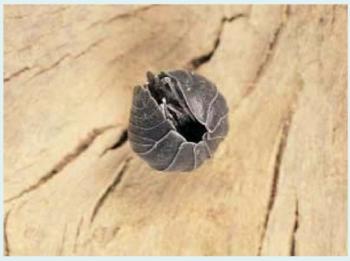

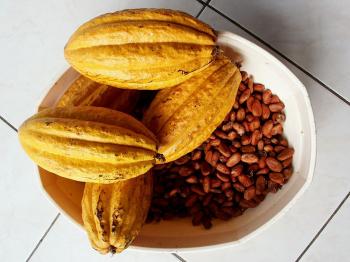
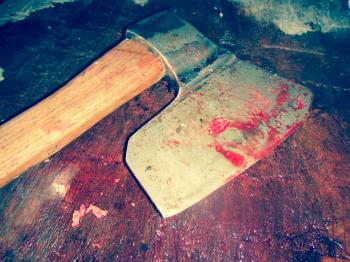

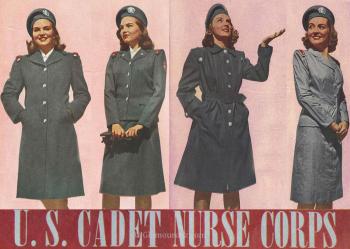
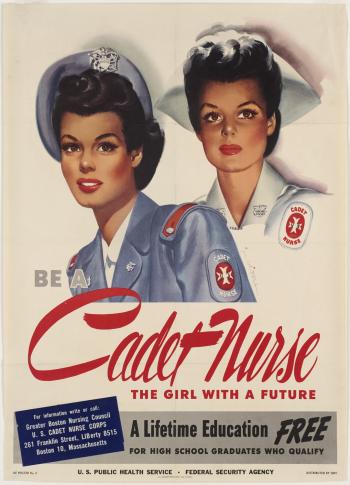

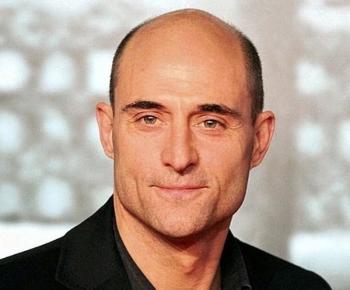

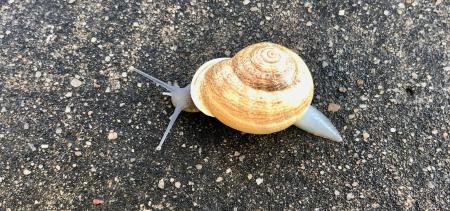
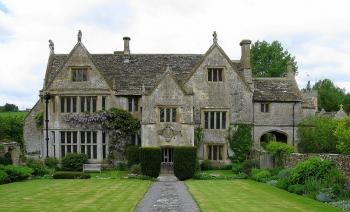
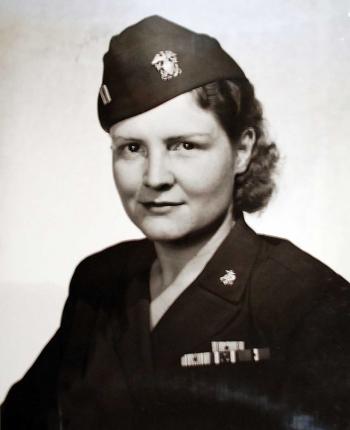




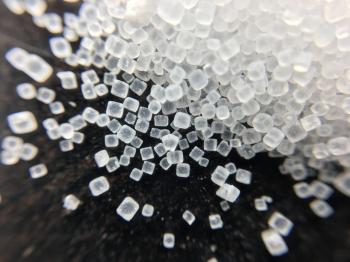
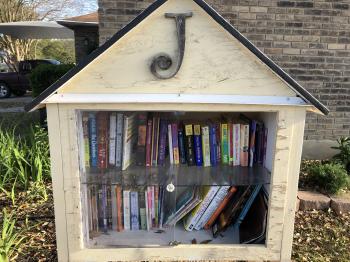
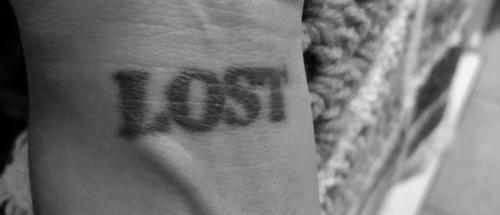
Right? For a while, I heard that in British gangster movies and was confused.